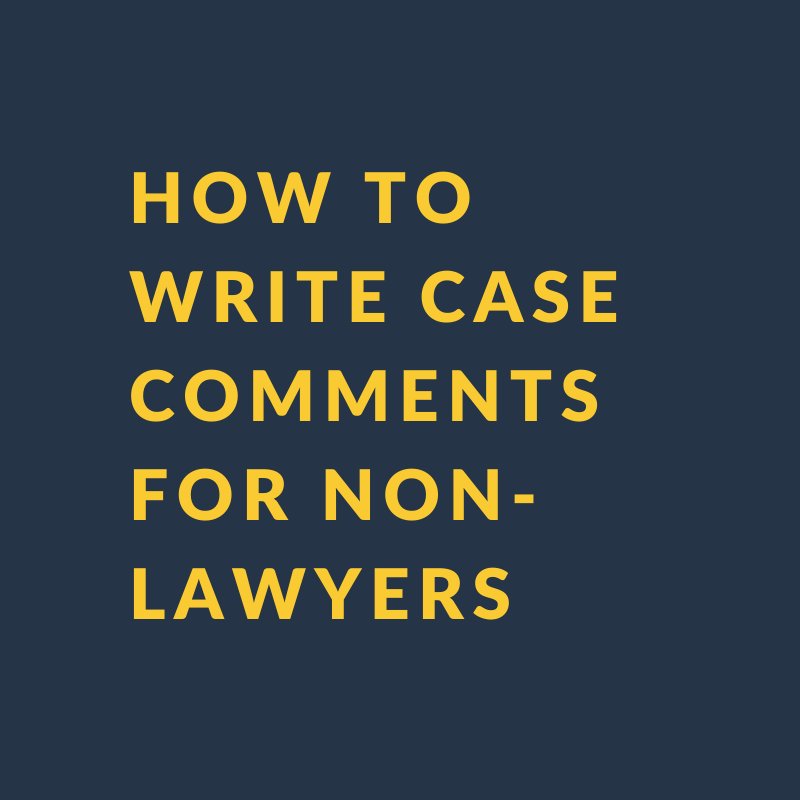As I’ve said before, I love reading what judges have to say about legal writing.
If you’re like me, you’ll enjoy Judges Speaking Softly, an article by Ross Guberman for the American Bar Association. Guberman is an authority on legal writing and author of one of my favourite legal writing books.
Guberman surveyed over 1,000 judges. He asked them what they like to see in briefs and motions. The results are fascinating. It’s intended for an American audience, but perfectly applicable to Canadian lawyers.
My four big takeaways:
1. Avoid emotional or hyperbolic language.
You may be more guilty of this one than you think (I am!). As Guberman points out, the same lawyers who endorse a ban on dramatic language often exempt themselves from it.
Some words the surveyed judges would like to see less frequently:
Disingenuous
Specious
Frivolous
Laughable
Absurd
Blatant
Baseless
Yes, “baseless” is on that list. I’m pretty sure I’ve used that one.
2. Think outside the box with graphs, timelines, and diagrams.
A standard paragraph of prose is not always the best way to express a legal point. The surveyed judges remind us that:
A timeline format can be much clearer than a series of paragraphs setting out a chronology of events;
Inserting an image of a crucial map or diagram in the analysis section of a submission can help the judge avoid repetitive flipping back and forth between documents; and
Graphs and tables are acceptable ways to make a legal point.
3. Be careful about dates.
According to the survey, judges are irritated by needless dates in legal submissions.
Including too many specific dates can cause your reader to waste cognitive energy figuring out why a date is relevant (resulting in frustration when she finally concludes it’s not).
If the date important, consider a descriptor instead, such as “the following week” or “two months later”. Sometimes the space between two dates is more important than the dates themselves.
4. Spend time perfecting your introduction.
No surprise here: judges like a solid introduction. If they know, right off the bat, the points you plan to make, they will more easily absorb the facts and legal sections of your submission.
Go read the whole article. It contains quotes from the actual judges, many of whom express themselves quite candidly. A fun and quick read.











